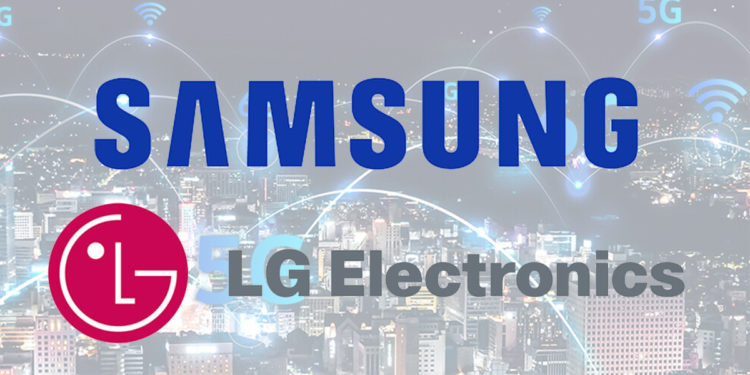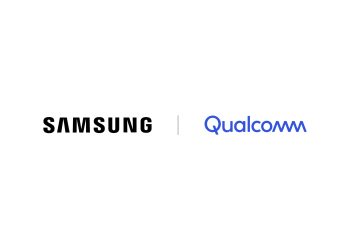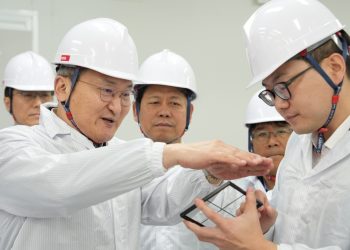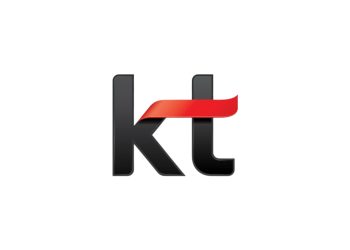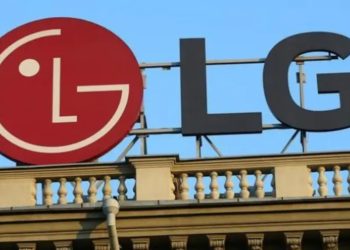The two South Korean tech companies, LG Electronics, and Samsung Electronics have been increasing their 6G standardization and commercialization operations. Although 5G commercialization is still in its early stages, the two leading tech companies continuously develop solutions that would further accelerate the 6G rollout.
In July 2020, Samsung introduced the Next Hyper-Connected Experience for All, a 6G white paper promoting next-generation communication system technologies. The white paper estimated that initial 6G commercialization could occur around 2028, while mass commercialization could happen by 2030.
The paper also emphasized 6G’s importance in advanced technologies’ exponential growth, including artificial intelligence (AI), automation, robotics, and wireless communication.
LG Improves Its 6G Leadership
LG recently announced that it would lead a vital unit in the Next G Alliance, an Alliance for Telecommunications Industry Solutions-led initiative for mobile 6G technology advancements. Over the next decade, Next G Alliance and LG would conduct research and development, covering manufacturing, market readiness, and standardization.
Thanks to its widespread history as a wireless tech developer, LG could shape future telecommunications, paving the way for 6G. As a V2X (vehicle-to-everything) innovator, LG also said that future mobility solutions would need 6G.
In particular, LG could develop a high-speed mobile system with ultra-low latency, ultra-reliable, and ultra-responsive info transmission through 6G. In addition to enhancing autonomous vehicle performance, 6G could prevent vehicular accidents by improving communication in vehicles, infrastructures, and pedestrians.
Previously, LG collaborated with KAIST and KRISS, two South Korean tech researchers, to develop 6G network systems, improving mobile communication.
Samsung Develops New 6G Tech
Samsung teamed up with the University of California, Santa Barbara (UCSB) to develop a 6G THz wireless communication prototype system. Moreover, the new technology produced a 6.2 Gbps throughput over a 15-meter space using a 140 GHz wireless connection.
“We have been able to overcome many technical challenges and develop this new THz proof-of-concept system to explore 6G use cases and deployment scenarios,” said Samsung. Samsung also stated that the THz spectrum could be 6G’s driving force after exploring the technology’s feasibility in wireless communication.
6G connectivity requires frequencies from 100 GHz (0.1 THz) to 10 THz. Furthermore, the end-to-end prototype system’s 140 GHz wireless link is equal to 0.14THz. In comparison, current 5G networks function within a 3.5 to 28 GHz range.
Since only a few globally leading companies achieved data transmission above 100 GHz, Samsung’s demonstration marks an essential milestone. According to Samsung, it is at the technological innovation forefront in the global 5G and 6G standardization.

